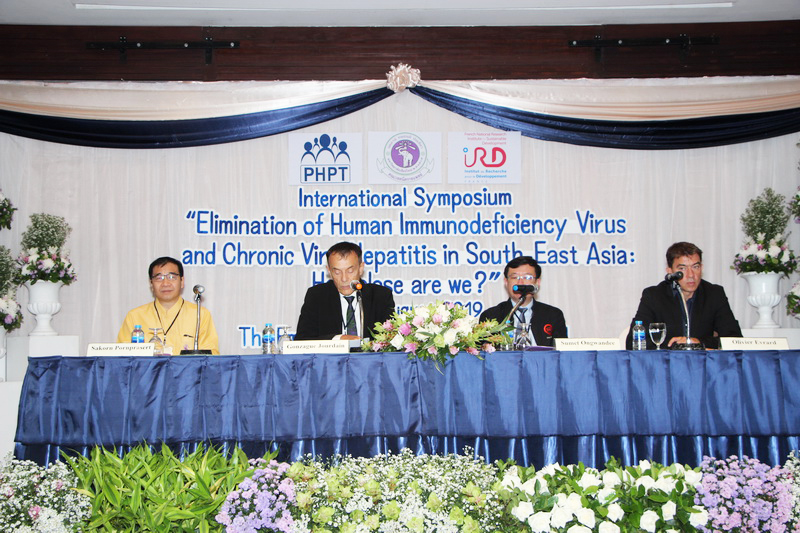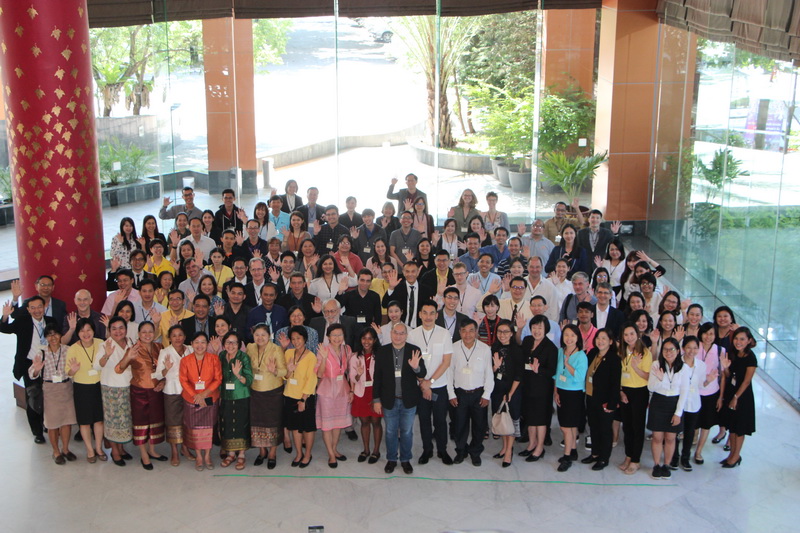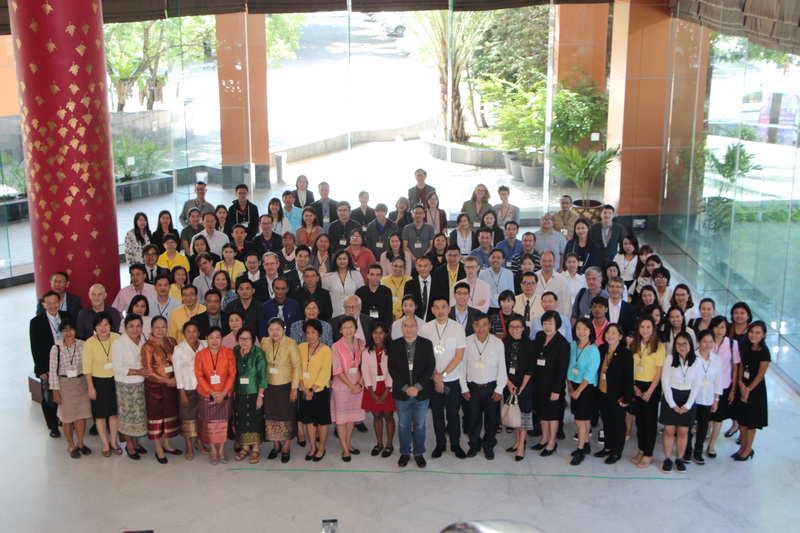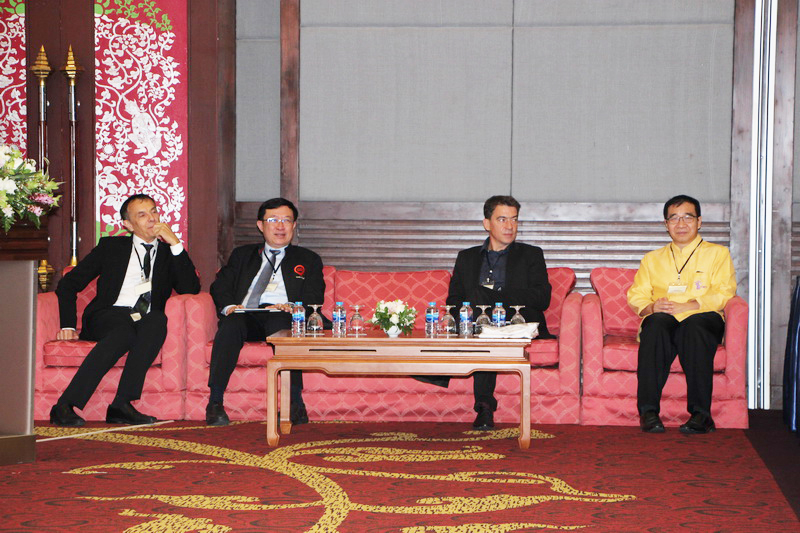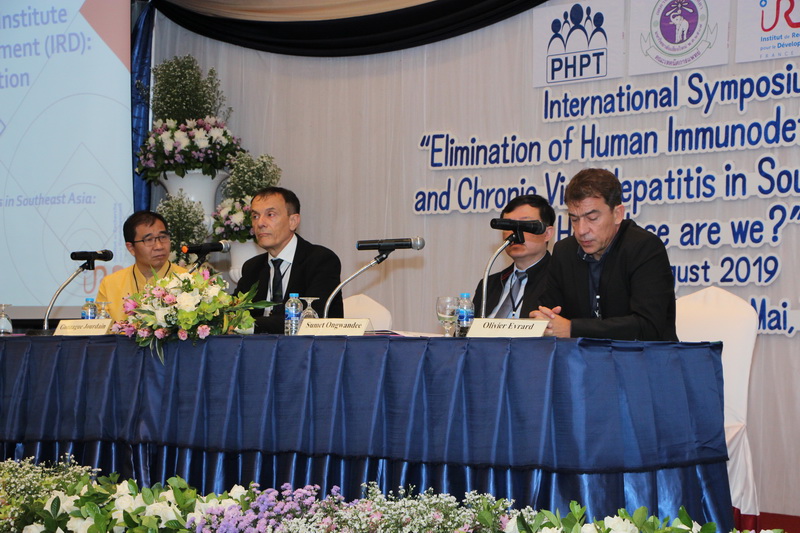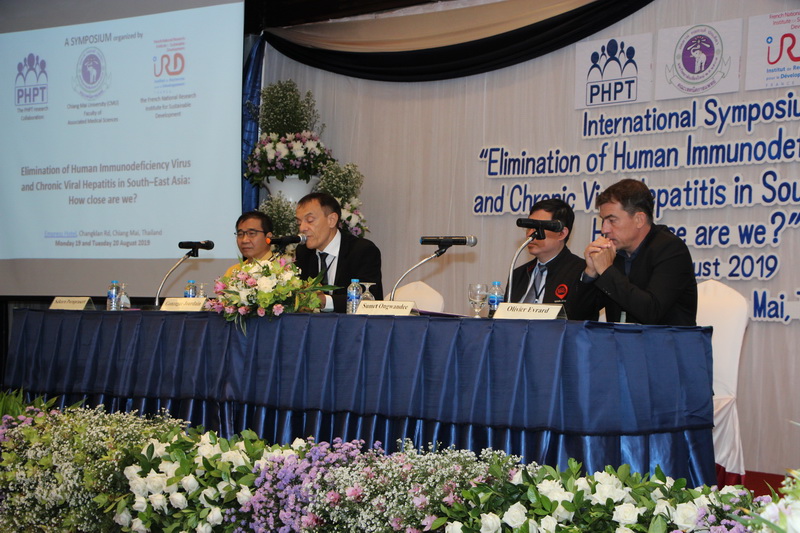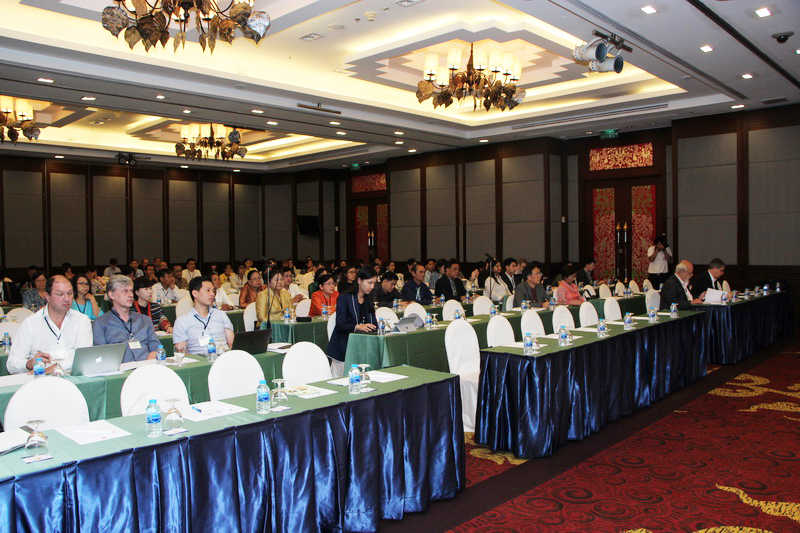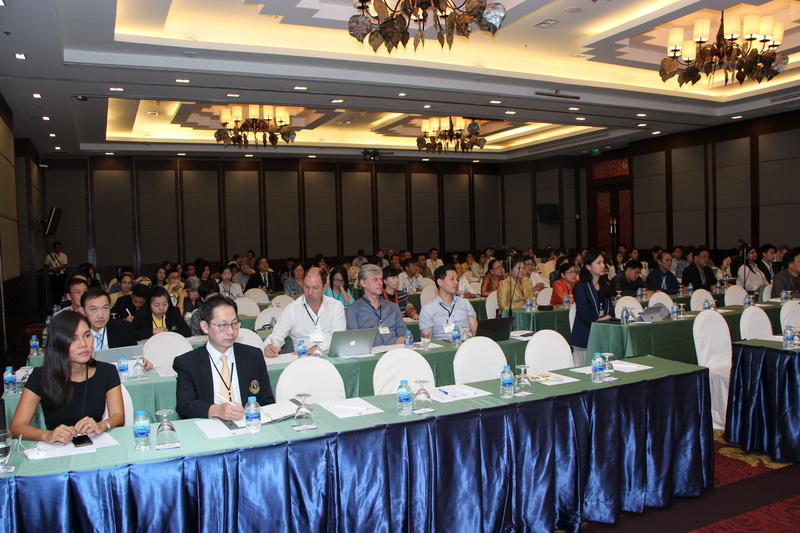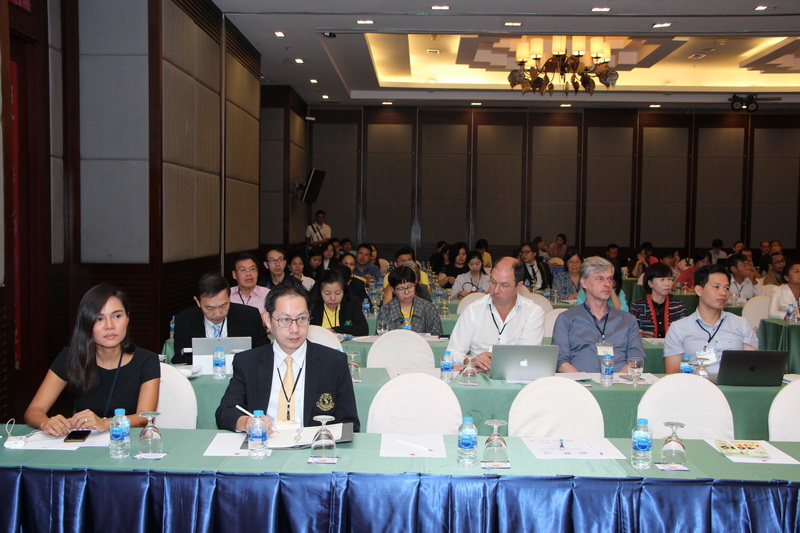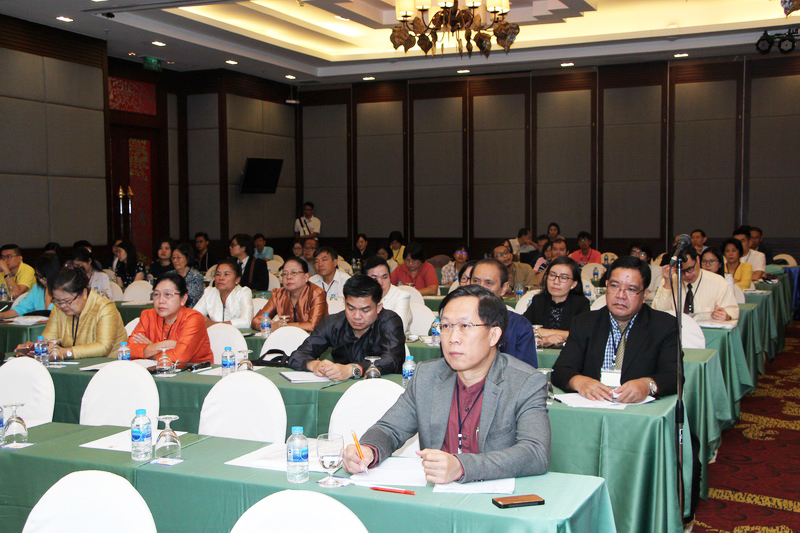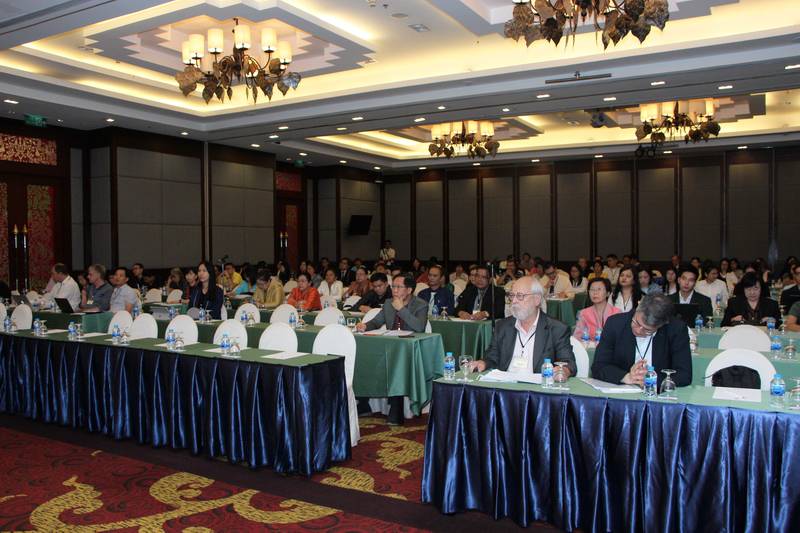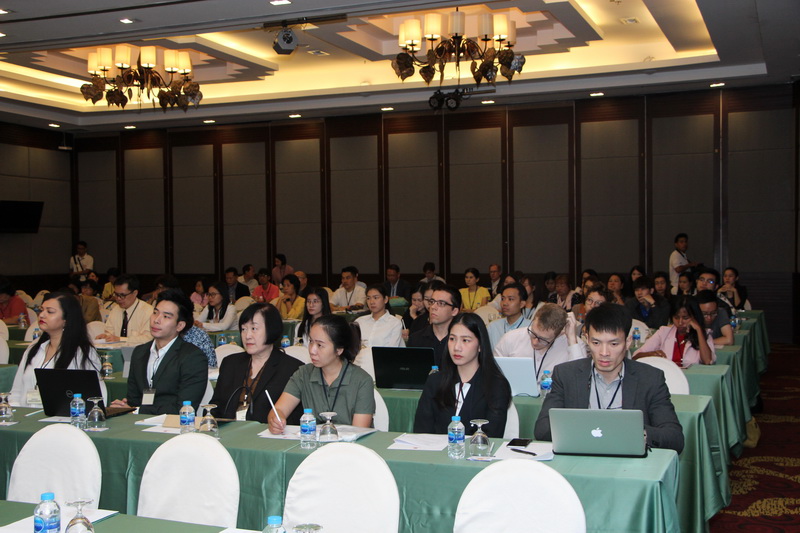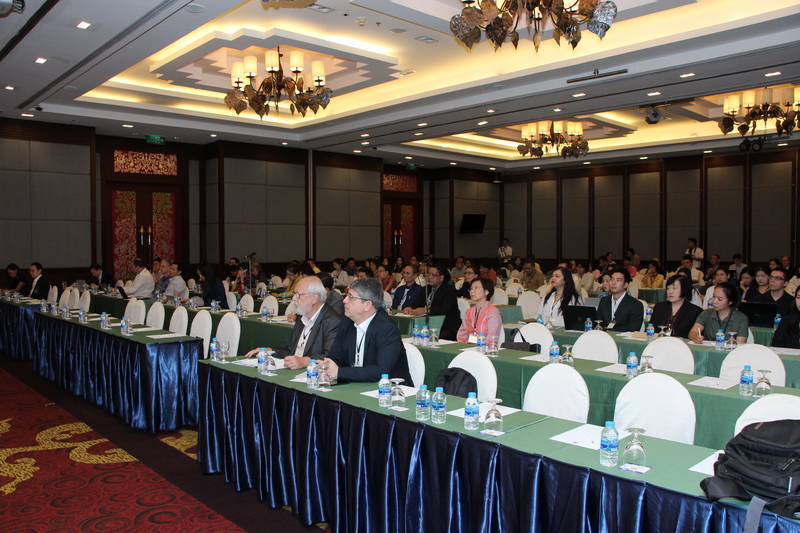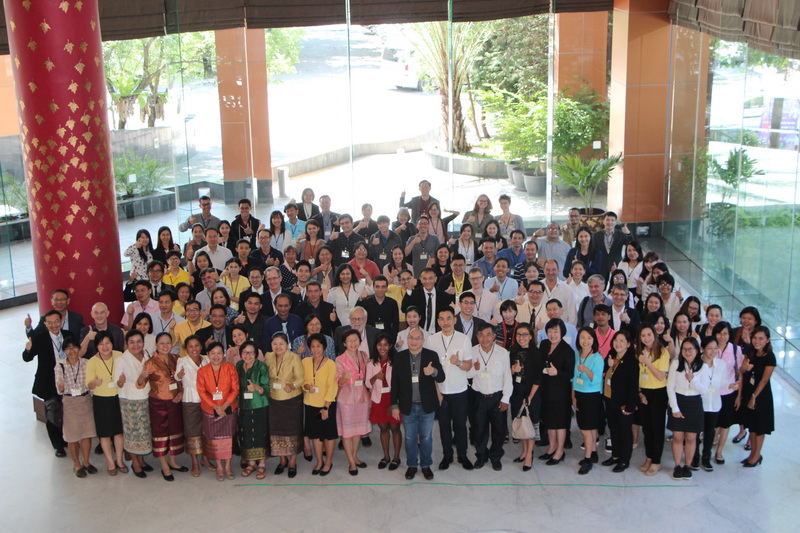The Faculty of Associated Medical Sciences, Chiang Mai University, and the international research unit 174/PHPT of the French National Research Institute for Sustainable Development (IRD) are organizing a symposium addressing ‘Elimination of Human Immunodeficiency Virus and Chronic Viral Hepatitis in South–East Asia: How close are we?”. It will be an opportunity to celebrate the 75 years of the French National Research Institute for Sustainable Development.
Infectious diseases are still a major cause of mortality and morbidity in Asia. One of the targets of the Sustainable Development Goals (SDGs) for 2030 includes the end of the HIV/AIDS epidemic and the fight against viral hepatitis. The World Health Organization has proposed targets to be reached to declare the elimination of the transmission of HIV and viral hepatitis. Even if Asia is facing a rapid rise in non-communicable diseases (diabetes, hypertension, cancer ...), several infectious diseases are still putting enormous pressure on populations and health care systems.
Diagnosis and prevention tools and even treatment already exist but are not used optimally.
However, strategies to identify those who could benefit from these treatments are yet to be defined. Despite the availability of new techniques (rapid tests, GeneXpert), the implementation of screening programs proves difficult. The "Test and Treat" strategy has emerged and now offers hope for the elimination of some chronic infections. New tools such as Pre-Exposure Prophylaxis (PrEP) are promising but remain often not accessible by those who should use them. When it comes to therapeutic strategies, the situation differs for each infection. Although there is no vaccine for hepatitis C, there are now drugs that can cure the infection. In the case of hepatitis B, there is an effective vaccine, but no treatment can cure the infection. For HIV, there is no vaccine and no cure, but treatments can efficiently control the infection. There is still a need for improvement with regard to costs, need for refinement of health policies, and reach the end for the elimination of discrimination towards infected persons.
The collaborative research program PHPT aims to develop new strategies to contribute to the elimination of infectious diseases. Current studies focus on the prevention of perinatal transmission of HBV (iTAP-1 and 2), and the early diagnosis of HIV infection in young adults in Southeast Asia (www.napneung.net).
The objectives of this symposium are:
- To increase participants’ understanding about control, elimination and eradication as well as operational criteria to reach elimination.
- To provide recent information about the status of the HIV and viral hepatitis epidemics in South East Asia countries in terms of evolution of incidence, prevalence, affected populations, screening strategies in place, and current action for prevention and treatment and plans for the next 10 years.
- To present initiatives conducted to eliminate HIV, HBV or HCV transmission in the region.
During this 2-day symposium the following topics will be addressed:
- Elimination and Eradication: Definitions and Concepts
- Prospects for elimination
- Non-medical factors contributing to persistence/elimination
- Sustainable public health interventions to prevent transmission
- “Test-and-Treat” and “Test-and-Prevent” approaches: Successes and Limitations
- Research perspectives
The symposium is supported by the French National Research Institute for Sustainable Development (IRD), the French National Agency for Research on AIDS and Viral Hepatitis (ANRS), and Gilead Sciences, Inc.
The symposium will be attended by about 120 researchers and health care professionals, practitioners from the region from Thailand, Cambodia, France, Indonesia, Lao-PDR, Malaysia, Myanmar, and Vietnam, as well as representatives of the communities affected by these diseases. Experts from the Region, USA and Europe will share their knowledge and expertise.
